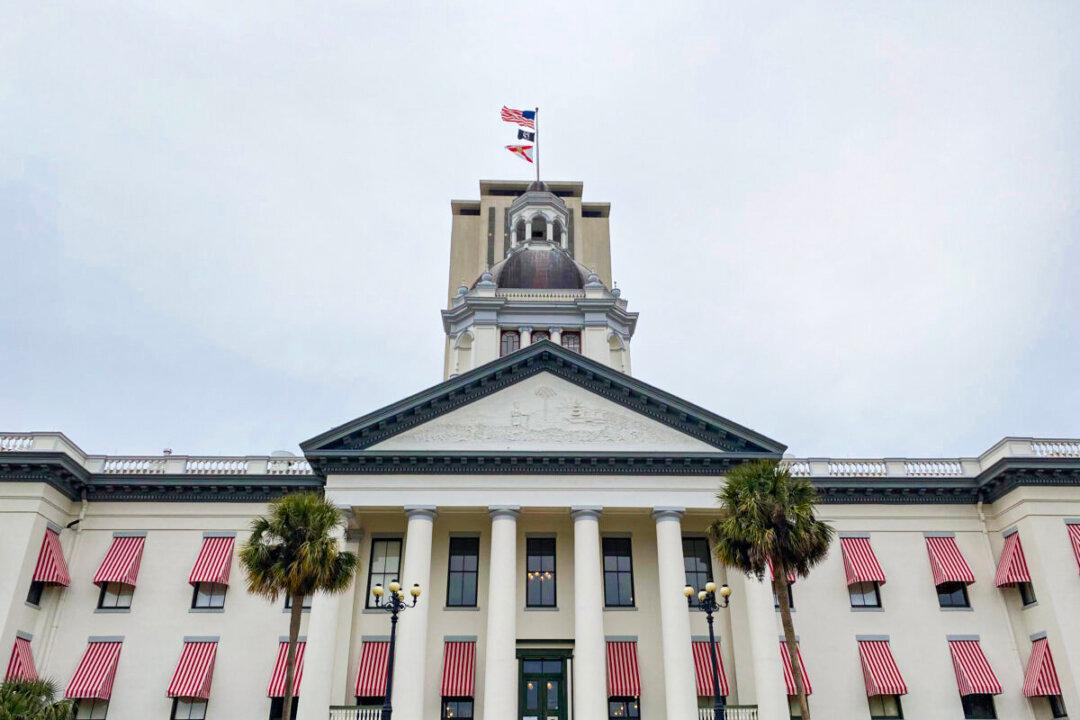On March 14, the Florida Senate unanimously passed a record-breaking $112.1 billion state budget proposal (pdf) that includes a pay raise for state workers, rewards for school districts that did not impose mask mandates, and a one-month gas tax suspension just before the November midterm elections.
Due to lengthy and often heated budget negotiations, lawmakers had to extend the 60-day legislative session, following the unsettled business of the March 9 session. In addition, state law requires a 72-hour cooling-off period before they can vote on the spending plan once it has been settled. State law also demands a balanced budget, meaning “the amount available from taxation and other sources, including balances brought forward from prior fiscal years, must equal the total appropriations for expenditures and reserves.”





